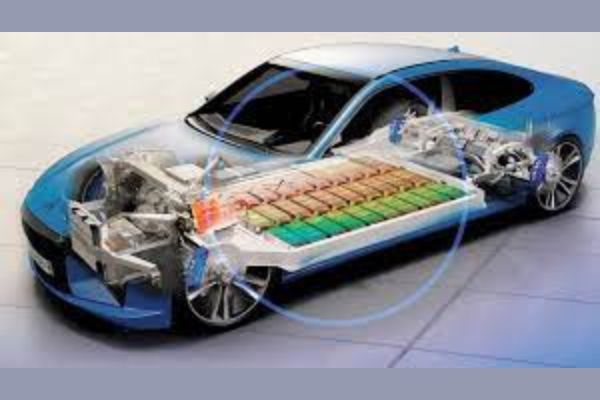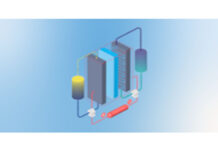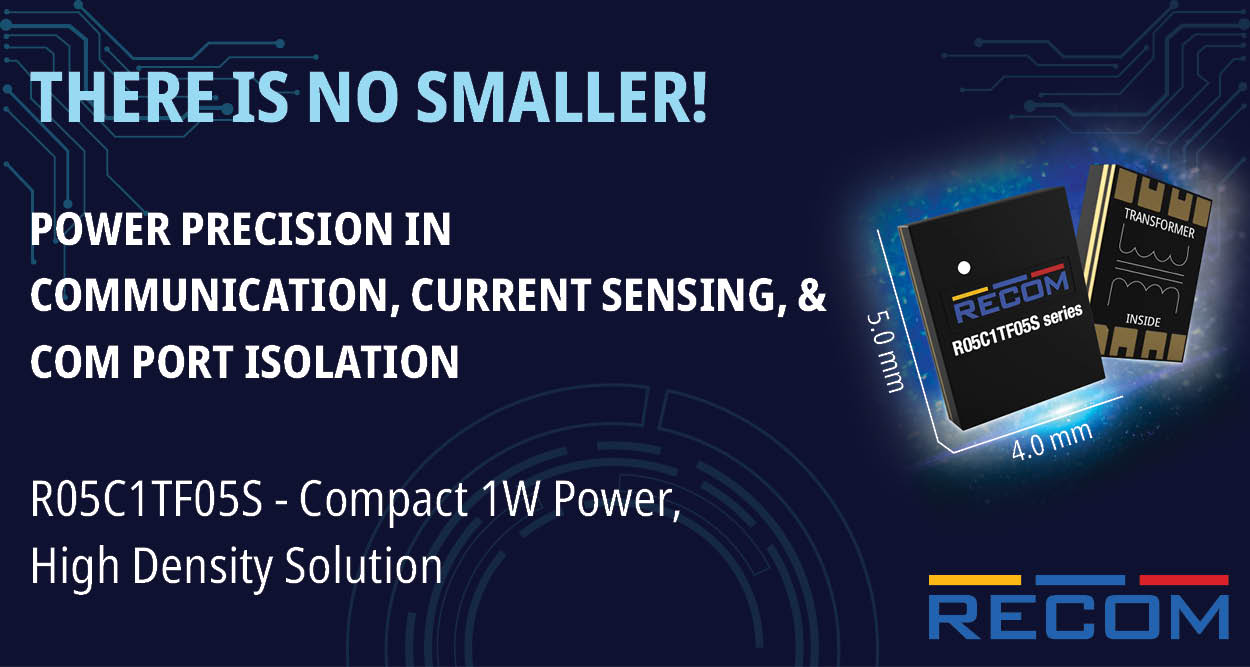According to the new report titled “Next Generation Electric Batteries Market by Technology (Solid Electrolyte Battery, Magnesium Ion Battery, Next-generation Flow Battery, and Others), By End-User (Consumer Electronics, Transportation, Industrial and Others), Global Analysis to 2023″, the valuation of the Next Generation Electric Batteries market was $1.64 Billion in 2023 and is projected to reach $3.72 Billion by 2032, at a CAGR of 7.24% from 2021 to 2032.
The Next Generation Electric Batteries Market was valued at $1.64 Billion by 2023 and expected to grow at CAGR of 7.24% over forecast period. Next-generation electric batteries refer to advanced battery technologies that aim to improve upon the performance, energy density, safety, and cost-effectiveness of current battery technologies used in electric vehicles (EVs), consumer electronics, renewable energy storage systems, and other applications. These next-generation batteries are being developed to address key limitations of existing battery technologies, such as lithium-ion batteries, and to meet the growing demand for high-performance energy storage solutions. Next-generation electric batteries hold the promise of unlocking new opportunities for electrification, renewable energy integration, and energy storage, driving advancements in various industries and contributing to a more sustainable energy future.
Consumer Electronics held the largest share in the Next Generation Electric Batteries market
By End User, it is sub segmented into Consumer Electronics, Transportation, Industrial and Others. The consumer electronics in the context of the Next Generation Electric Batteries market refers to electronic devices that are used by individuals for personal or household purposes and are powered by advanced battery technologies. Consumer electronics represent a significant market segment for next-generation electric batteries, driving innovation and adoption of advanced battery technologies to meet the growing demand for portable, efficient, and sustainable electronic devices. As technology continues to evolve, next-generation batteries will play an increasingly important role in powering the next wave of consumer electronics innovations. Consumers increasingly expect their electronic devices to have longer battery life to support continuous use throughout the day without frequent recharging. Next-generation electric batteries with higher energy density and improved efficiency can meet these expectations, enhancing the appeal of consumer electronics products. Rapid advancements in battery technology enable faster charging capabilities, allowing consumers to quickly recharge their devices and minimize downtime. Next-generation electric batteries with features such as fast charging and quick replenishment contribute to enhanced user experience and convenience.
Asia-Pacific headed the Next Generation Electric Batteries market in 2023
Asia-Pacific countries, particularly China, Japan, and South Korea, are leading the global transition to electric vehicles. As governments implement stringent emission regulations and promote EV adoption through incentives and subsidies, there is a growing need for high-performance batteries with improved energy density, longer lifespan, and faster charging capabilities. With the increasing penetration of renewable energy and the need to enhance grid stability and reliability, there is growing demand for energy storage systems in the Asia-Pacific region. Next-generation electric batteries, such as flow batteries or advanced lithium-ion batteries, are being deployed in grid-scale energy storage projects to support renewable energy integration and mitigate intermittency issues. Asia-Pacific is a major hub for the production and consumption of consumer electronics, including smartphones, laptops, and wearable devices. The demand for longer-lasting, safer, and more compact batteries in these devices is driving research and development efforts towards next-generation battery technologies.
Key market players operating in the market that are profiled in the report are Pathion Holding Inc., GS Yuasa Corporation, Johnson Matthey PLC, PolyPlus Battery Co. Inc, Llika PLC, Sion Power Corporation, LG Chem Ltd, Saft Groupe SA, Contemporary Amperex Technology Co. Ltd, etc.















